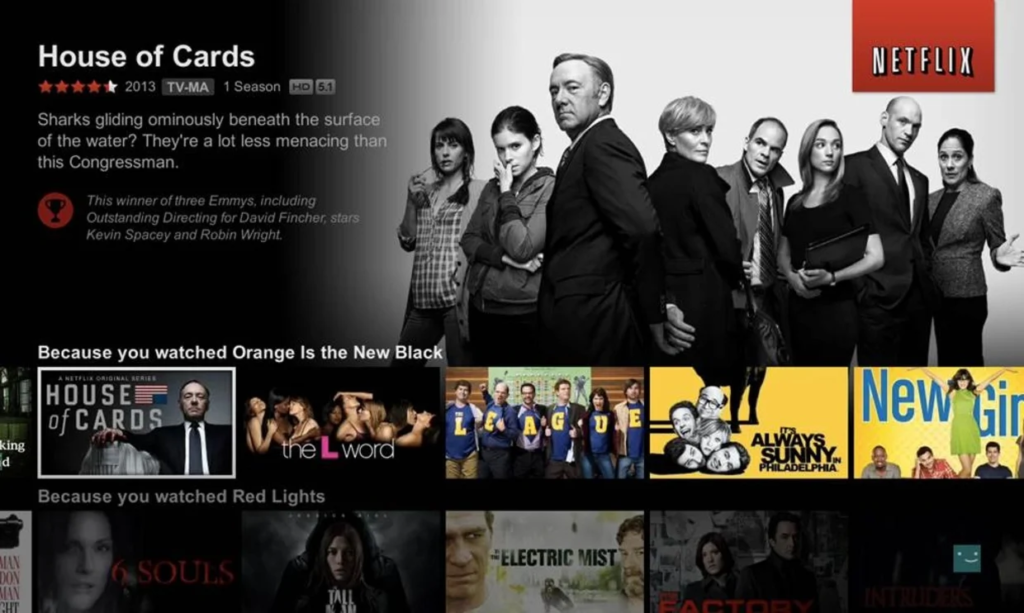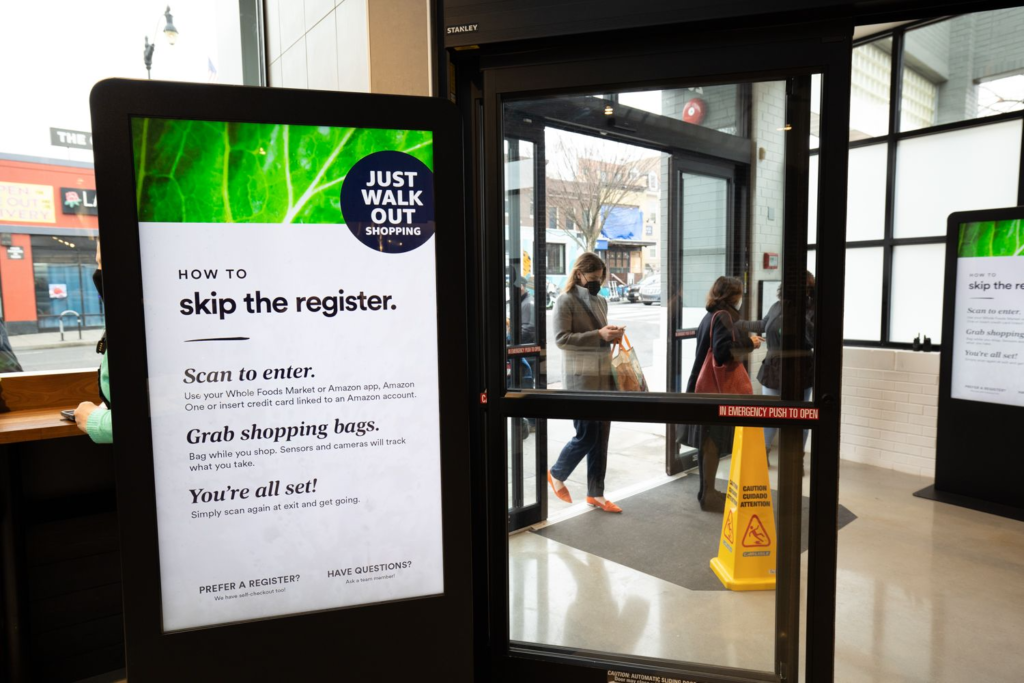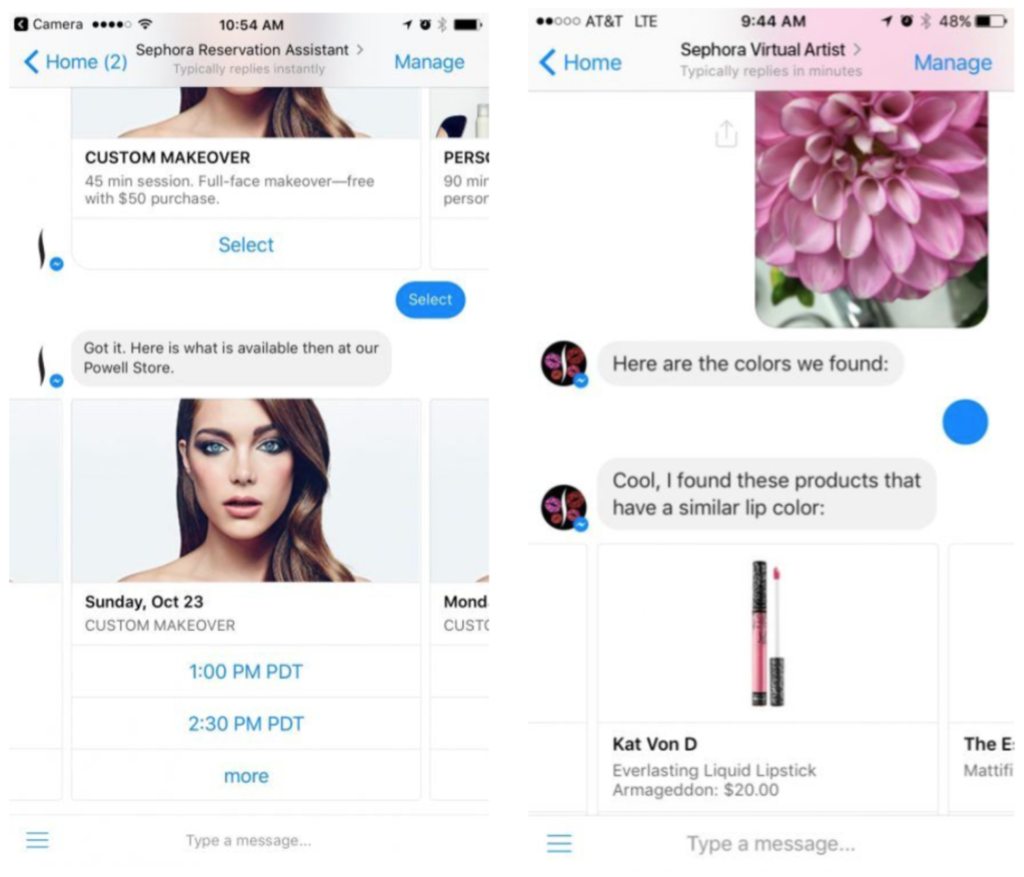
Let’s Get Personal. AI Unleashes The Potential Of Data for Personalized Marketing
Relevant and insightful data has always been crucial in crafting effective marketing. Since the rise of the Internet, an abundance of information has enabled savvy companies to establish stronger connections between their brand and their audience through personalized interactions. In fact, when personalization is implemented, consumer engagement significantly increases, with a remarkable 80% of individuals more likely to make a purchase. What’s more, 36% of consumers tell us they desire an enhanced shopping experience that embraces personalization.
Real personalization has failed in the past because there wasn’t enough data to support it. However, the problem that has plagued companies over the last few decades has been too much data. Or, more specifically, how to manage and apply all this data. There’s even a name for this obstacle. It’s called: “Data Debt”. Data Debt is a situation that arises when businesses lack confidence in the integrity of their data as volumes grow faster than governance and management protocols can handle, which makes everything from locating data, to classifying data more difficult. Paying down this debt becomes more difficult as data volumes grow, and the organization has increasingly more work to do to manage it. Consequently, despite the strong desires of consumers for greater personalization, a surprising 78% of companies find themselves limited in unleashing the full potential of their data. But all that is changing as AI-powered data analytics helps companies make sense of the data they receive and improve the way it is collected and stored.
A Matter of Trust
Of course, managing data is just one side of the equation. Even more vital to personalized marketing is consumers’ unwavering trust in sharing their personal information. An impressive report reveals that 90% of shoppers willingly disclose their data in exchange for a more affordable or streamlined shopping experience. Despite outcries from the “privacy police”, most consumers have become advocates for convenience, exchanging fragments of their personal lives for an improved digital retail encounter.
Personalization Leads to Innovation
Now that companies are learning to harness the power of Artificial intelligence, more popularly known as AI, to tackle their data debt and make data more useful to the personalized marketing process, we are starting to see more innovation.
In the entertainment realm, Netflix continues to lead the way in personalized content curation. The streaming platform employs a sophisticated “recommended” algorithm, which astonishingly now accounts for 80% of viewership choices. With such impressive accuracy, subscribers effortlessly dive into a vast sea of tailored recommendations, leaving simple search endeavors behind. It’s like having a trusted companion who knows your viewing preferences better than you know them yourself. Other marketplaces from Amazon to Spotify do much the same to personalize their user experiences.

Einstein, Salesforce’s AI engine, serves as a prime illustration of how AI personalization can enhance the finer details of content. By leveraging AI-recommended subject lines, automated email campaigns achieve more effective targeting.
Whole Foods leverages AI in its Just Walk Out stores, using sensors and cameras to monitor and charge orders through AI, while also analyzing shopping activity, identifying patterns, and predicting future behaviors for hyper-personalized marketing.

Euroflorist utilizes AI-driven A/B testing platforms like Evolv AI to simultaneously test thousands of variants, enabling the discovery of optimal combinations that significantly enhance website conversion rates and boost sales.

Sephora implements AI chatbots to provide personalized beauty advice, helping customers make informed product choices and receive tailored recommendations.

Digital agencies Dept and Hello Monday collaborate to create an AI-powered “Shoe Mirror” for vacant shop fronts, utilizing AI to analyze passersby’s outfits, digitally match shoes, and display them through augmented reality. The interactive experience allows users to scan a QR code on the display and make purchases, generating revenue for the business.
Unilever leverages AI data centers worldwide to synthesize insights from multiple sources, including social listening, CRM, and traditional marketing research. Through this technology, Unilever discovered a connection between ice cream and breakfast, with at least 50 songs referencing “ice cream for breakfast” and businesses like Dunkin’ Donuts already offering ice cream in the morning. Capitalizing on this insight, Unilever developed a lineup of cereal-flavored ice creams, such as Fruit Loop and Frozen Flakes, for the Ben & Jerry’s brand.

AI Makes Personalization More Accessible
Until the full impact of AI-driven personalization is realized, the pioneering companies that have embraced this marketing strategy are already reaping significant rewards. A comprehensive study titled “The Rise of Personalized Commerce” revealed an astounding 70% of these intrepid businesses reporting a remarkable 200% return on investment from their AI-driven personalization efforts.
Despite the undeniable appeal and success of personalized marketing, less than 10% of businesses have gone beyond basic personalization strategies. This significant gap raises questions about why the majority remain complacent while a select few pioneers embrace the transformative power of AI-driven personalization. However, we suspect that as AI becomes more accessible, it will fuel a frenzy in personalized marketing.
Furthermore, the consultants at McKinsey predict a paradigm shift on the horizon. Though advances in technology are currently more evident in digital environments, offline person-to-person experiences are emerging as the next frontier of personalization. Advanced analytics and AI-enabled tools are poised to lead this effort, offering a glimpse into a world where brick-and-mortar establishments astutely anticipate the needs, preferences and desires of their customers.
Personalization Trends to Watch
As we look ahead, there are several personalization trends to watch that will be greatly aided by AI.
- Increase in 1-1 experiences: Companies will get better at giving each person a unique and special experience when they interact with a brand. It will be more like getting personalized attention from someone who knows you and makes you feel special by offering products and services tailored just for you.
- Personalized mobile customer experiences: Brands will continue to recognize the importance of delivering personalized experiences more suitable to mobile devices, including mobile notifications, SMS, and in-app experiences tailored to each customer’s preferences.
- Predictive personalization: Artificial intelligence and machine learning will make personalization even smarter by predicting what you might want or like based on your previous behavior.
- Data privacy and cookie-less personalization: With increasing concerns about data privacy, brands will focus on collecting and utilizing first-party data, respecting user privacy, and finding alternative methods for personalization without relying on tracking cookies, while still giving you a great experience.
- Personalizing longer customer journeys: Brands will try to make your experience with them feel personal at every step, not just at the beginning or when you buy something. They want to create a journey that feels tailored just for you, from the moment you first hear about them to when you become a loyal customer.
- Growing importance of customer loyalty: To keep customers coming back, Businesses want to build a strong relationship with you and make you feel valued. Personalization will help them build loyalty by better understanding your needs and preferences.
- Omnichannel personalization: With consumers using multiple devices and channels, brands want to make sure you have a great experience no matter how you choose to connect with them. They will do this by creating a consistent and personalized experience for you across all the different ways you interact with them, like on their website, through email, or on social media.
- Anonymous visitor personalization: Brands are exploring ways to personalize experiences for anonymous users by leveraging available data and behavioral patterns. Even if you don’t sign in or have an account, companies will use information they can gather to understand what you might like or need, without knowing exactly who you are.
- Image recognition: Companies will leverage image recognition technology at their retail locations to create personal shopping assistants that analyze your image and suggest products that you might like based on your taste and style.
These trends are driven by the need to enhance customer experiences, the increasing reliance on digital channels, and the utilization of advanced analytics together with AI and machine learning. By leveraging these trends effectively, businesses can create individualized, seamless, and engaging experiences that resonate with customers, foster loyalty, and drive improved results.
A Future of Unforgettable Experiences
In the age of information overload, businesses willing to embark on the personalized marketing journey can forge lasting connections with their valued audience. It showcases their commitment to understanding and catering to the unique needs and preferences of their customers. By leveraging the power of AI and advanced analytics, these forward-thinking companies transcend the limitations of traditional marketing approaches, entering a realm where every interaction is tailored, every recommendation astute, and every experience unforgettable.
As marketers, we look forward to the near future as businesses continue to unlock the hidden secrets within their data, forging meaningful connections, and delivering experiences that leave us all enthralled. As consumers, let’s embrace the opportunities presented to us as we embark on a journey where personalization becomes the norm and marketing becomes a delightful dance between brands and individuals.
Sources:
Forrester Research
Kibo: The Rise of Personalized Commerce study



